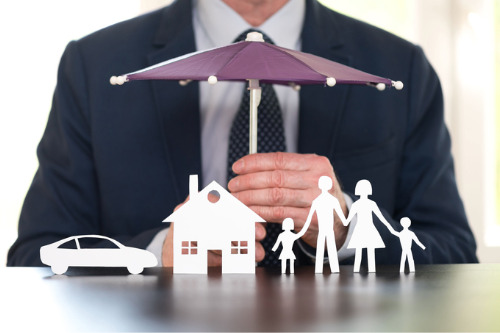

New claims trends are starting to take shape, as we begin to recover from the effects of the COVID-19 pandemic. Prior to the crisis, the majority of claims for domestic properties had to do with escape of water, followed by burglary. As work-from-home and shelter-in-place orders swiftly moved into place across the UK, there was a significant change in claims activity, not just in volume but also type, from around mid-March.
“As anticipated, we saw a sudden, significant downturn in escape of water claims. With more people at home, they could take immediate action to mitigate damage and potentially avoid a claim altogether or depreciate the value of that claim by up to 60%. There was also a significant downturn in burglary claims due to most properties being occupied,” said Russell Crewe, managing director, property claims at Davies Group.
In addition, Crewe says they noted a 20% increase in fire related claims through March and April. This was a result of people leaving their stoves unattended during a work call, or ovens being left on accidentally, and a greater use of candles. Accidental damage claims within property surged as well.
As lockdown restrictions begin to loosen and the rules start to relax, a distinct spike in accidental loss claims ranging from missing watches, mobile phones, wallets and cash has become apparent. Water damage claims have started to return, but Crewe says nowhere near to pre-pandemic levels.
“While the volume of claims is starting to climb back to where it was before the lockdown, they are now in lower value bands. As we begin our return to working from the office, claims will no doubt return to a normalised level, but in a different mix,” he said.
“We anticipate that change in mix will stay for a considerable period of time as people adjust to the ‘new normal’. We will continue to see a reduction in escape of water claims against recent years, with accidental damage and loss at relatively higher levels.
“More people will be working from home and the underlying message we are sending clients is to ensure that people understand the risk mitigation measures they need to take. Some insurance policies contain warranties and endorsements that require premises, if vacant, to be checked on a regular basis.
“We need to work together, brokers and insurers, to convey appropriate messages to clients and collaboratively continue to enhance the reputation of the industry.
“With economic downturn, there is also a higher risk of fraudulent claims, but these are carefully monitored and dealt with in a prescribed manner and we are making sure to deliver on client expectations.”
Claims solutions
At Davies in particular, Crewe says the transition under lockdown was smooth, with no major challenges and little disruption to clients. Because they already had technology to facilitate working from home, they were able to mobilise quickly.
“We’ve actually seen an improvement in customer communication, and we’ve also put support in place for anyone who needed counselling, as well as community social events over Teams. We’ve discovered that, as things recover, we will be able to maintain flexibility and choice for our employees,” said Crewe.
While there was no delay in service, Crewe says some claims are taking longer to conclude, simply because of the rules in place due to the pandemic. For example, with material shortfall in the construction industry, it may have taken longer to get repair services for an accidental damage claim, or for a tradesman enter the home due to social distancing. Crewe says they began using video technology where possible, as well as giving the policyholder the option to delay. In some instances, new safety protocols were put into place, like limited contact and the use of personal protective equipment (PPE) if a visit was unavoidable.
“This experience has deepened our client-relationships,” he said. “We’ve managed to find more efficiencies and continue to prioritise meaningful communication. While it’s been a sharp learning curve, there have been significant benefits to offset the inevitable frustrations associated with change.”
